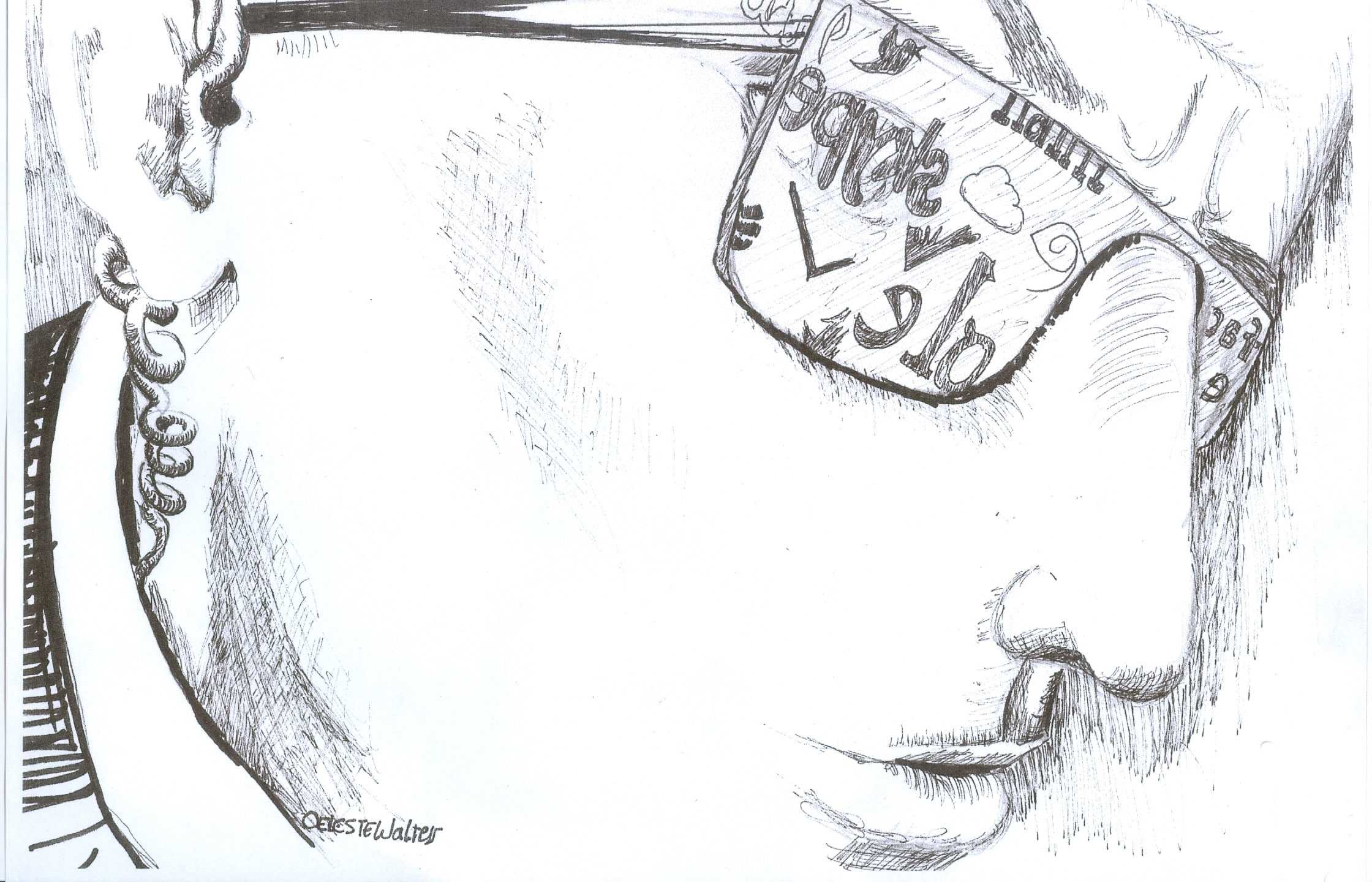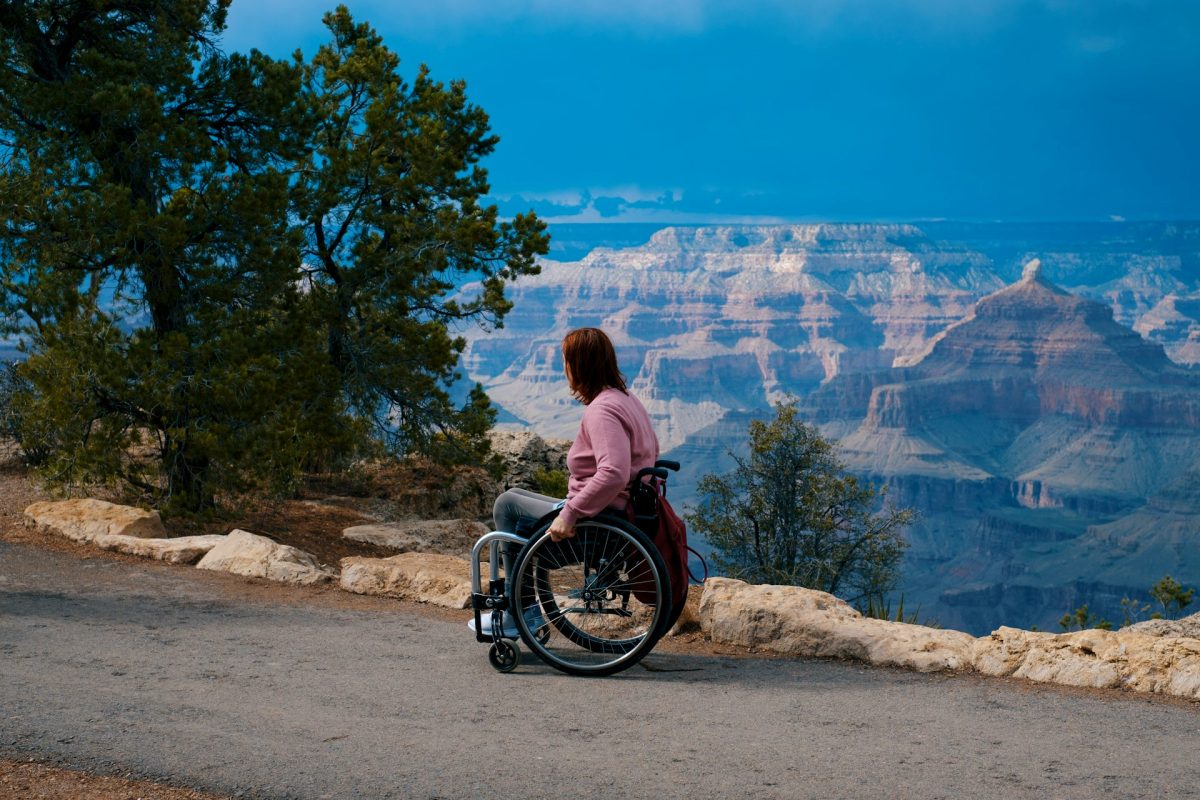By Autumn Yi | Staff Writer

Celeste Walter | Staff Illustrator
The internet – as a phenomenon marked by endless space for creative expression and anonymity, the internet acts as a sanctuary for those looking for an escape from
reality.
Among the articles and extensive academic resources, a user can find worlds of dragons and combat, centers for anonymous chat, videos, stories, stunning photography and sloppily made graphics.
Personalities emerge from the internet; angry bloggers, “trolls” impressed by their own wit and preteen girls leaving comments on the twitter account for their
favorite celebrity.
As a well-known saying goes, “on the internet, no one knows you’re a dog.”
The allure of the internet is the lack of accountability for anonymous users.
However, a bill titled the Cyber Intelligence Sharing and Protection Act, or CISPA, threatens the protection of anonymity.
CISPA aims to monitor the internet for cyber threats.
It gives the government power to search for information about the weakness of a government or private entity, threats of bodily harm or exploitation of minors.
The criticism against CISPA centers on the invasion of privacy.
Internet users believe CISPA will give the United States government access into all of their internet activity.
“It’s kind of an invasion of privacy. [CISPA] would let the government be overreaching in terms of power.
They can find any reason to monitor a suspect at all times, and that’s impractical,” says Joseph Ativo, a student at Riverside City College.
However, it’s already easy to access internet activity.
Anonymity, the internet’s safety net, is just a fantasy.
What’s the point? What will CISPA change? Most likely, it won’t change anything.
A lot of the internet is already monitored – just take a look at the advertisements on your screen next time you surf the web.
Most of the time, they’re tailored to fit your preferences.
They say anything digital is traceable. Even if it’s deleted, there’s still a trace of it somewhere.
The amount of information users give to websites is overwhelming.
Google knows the name of your first pet, the contents of every email you’ve sent and the celebrities whose pictures you like to look up.
Facebook knows who you talk to you, where you like to hang out and everyone you used to date.
The government is merely trying to make it acceptable for them to use the information from the internet to monitor lawbreakers.
Will the government have the time to check everything you search on Google? No.
Will they have the resources? No. Will they care? No.
Could they already do it if they wanted to? Yes, if private businesses choose to share that information.
CISPA will probably come back, after some fine tweaking.
When defending your internet privacy, keep this in mind: it doesn’t really exist.






